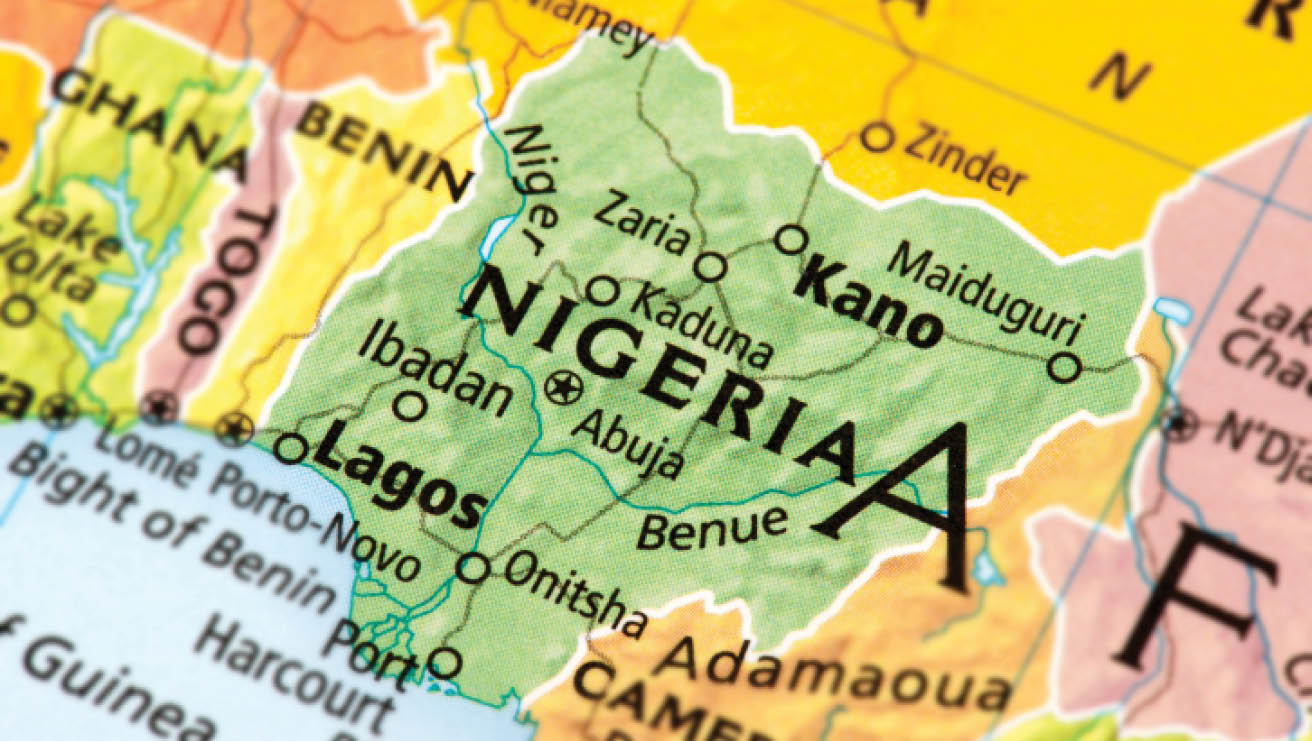This week, several angry northerners have taken to social media to rail against the failings of the region and the failings in the region. In several posts and tweets, the region, and sometimes its people, were likened or equated to animal kingdoms. It was a sad commentary on the state of affairs, not only in the region but the country as a whole, which some frustrated Nigerians, or Biafrans, have taken to calling a zoo.
Of course, these utterances could be considered political speeches protected by the constitution and the rights to free speech. They are also a garish manifestation of the frustration that people are experiencing over the state of affairs not just in the North but the country as a whole.
While as patriots, it is only fair to offer constructive criticism of our country and our homeland, calling your homeland and its people subhumans or equating them to animals is not patriotic.
Yes, Nigeria can be frustrating. Anyone who lives in this country sees that, especially the angry Northerners who have spoken so harshly against the region. Only this weekend, nine female students of the Federal University, Gusau were freed from captivity. That is good news, you would say. The bad news is that they have been in captivity since September 22, 2023, when bandits raided their hostels and abducted a total of 21 students. While some were freed at some point, these unfortunate ones remained captives for five whole months!
Over the last couple of weeks, hundreds of students have been abducted from their schools and herded into the wilderness, and parents of the children have been left confused and dazed.
When considered critically, Nigeria as a whole, and the North in particular, has been functioning as some random show on NatGeoWild where the strong prey upon the weak, often without consequences, often without justice. The ungoverned spaces in the region are vast, and the attempts to govern these spaces have been, well, abysmal. A couple of years ago, a few governors from the region advocated, and some went as far as making plans for their citizens to arm themselves so they could defend themselves. That was enough indictment of the state for failing to protect its citizens. Those plans fell through, of course, but the region has not been safer, and the federal government has neither articulated nor implemented any definitive security policy that has changed the situation in the region and the country as a whole since then. Within the wide chasms allowed by these security failings, we have had multiple massacres in places like Borno, Benue, and Plateau. These killings have been followed by mass burials and sometimes with an ostentatious show of political vivacity. But what happens after that? What has happened since the Christmas Day massacre in Plateau? So, when angry Northerners equate the region to some animal kingdoms, one could see where that frustration is coming from.
But it is not just a security issue alone. Socio-economic and socio-cultural issues have plagued the region, as they have the rest of the country. Poverty and illiteracy levels have remained very high. While one could point fingers at the government for this failing, it would be unfair to overlook the role of the people and our cultural practices in maintaining these shackles. Parents who want an education for their children often do not have the wherewithal to fund this. Others simply do not have the desire to send their children to school. For decades now, we have been debating what to do with the almajiri situation. Who have been the greatest antagonists of mainstreaming a system that has kept children away from the formal education they need to contribute meaningfully to the economy? The practitioners of almajirici, who believe it should be an untouchable way of life.
Even the best practices run their course and must either evolve or die. While the almajiri system has been fundamental in spreading knowledge of the Qur’an, it has been long overdue for a revamp to take better care of the children whose parents are convinced that is the best way to raise them, or unburden themselves from raising their children. Children do not have to be made vagrants to become huffaz, or memorisers of the Glorious Qur’an. The justifications for the perpetuation of this system the way it is, the way it has been exposing children to abuse and depriving them of parental love, inevitably justifies parental irresponsibility. If the Nigerian state has failed these children, the 10 million or so of them roaming the streets and alleys, begging bowls in hands, it is principally because their parents failed them first.
This vehemence is also brought to broader issues, such as nomadic herding, which, in all honesty, is not compatible with contemporary reality. The defence of the herding way of life and the vagaries it affords is detrimental to the country and its peaceful coexistence, especially when herders and their herd often, by omission or commission, end up raiding farmlands, obstructing traffic in towns and cities. This is not the hallmark of a people aiming for progress. The irony is that some of the herdsmen who have defended this way of living as sacrosanct to their identity and resisted change have eagerly embraced banditry and continued to terrorise communities, either through communal clashes or banditry. What has the state done to address both? They have dithered between political speeches and protecting sacred cows. So, even if we don’t agree with it, if frustrated Northerners make a comparison to the animal kingdom, we should understand where it is coming from.
Often, the argument or justification for the resistance to change or the reluctance to clamour for it is either claims to religion or the distinctive moral ideologies that have become the identity of the region and its people. The reality is that even the moral shield has been so corroded and the moral code so diluted that today, drug abuse, especially among women, has become rampant, and divorce rates have been spiking. While this is going on, leaders in the region have failed to take measures to address them, leaving non-profits with the task of trying to sensitise people about drug abuse and intervene in issues of domestic violence. A typical example of this is the Kano State morality police’s double standards for the poor and the rich, which the Hisbah leader, Sheikh Aminu Daurawa, acknowledged when he said there are offenders that his agency couldn’t touch because they are above the law. So, morality enforcement becomes exclusively for a certain class of people.
While the region is afire with poverty and insecurity, we have had the misfortune of having leaders who have focused way too much on maintaining the status quo, keeping the poor poor and enriching themselves. Nigeria is blessed with enough resources for every person to live a contented life and have the basic amenities that technology allows.
All these issues are not exclusive to the North. They are all over the country. If Nigerians continue to be treated like animals in their own country due to governmental neglect and the caprices of armed criminals and outdated social practices, then we must understand, even if we do not agree with it, this animal kingdom branding.
The continued pauperisation of the region and the country through displacement and status quo-maintenance non-policies, the implantation of strife, injustice, and seeds of wrath and revenge are only going to cause an implosion. What is happening in Haiti today should serve as ample warning for us.
So, the North must, as an existential necessity, embrace structured change or face a chaotic one because it can no longer be impervious to it. At this point, the North and Nigeria are leaning towards the former. That can’t be good.
While the best change is organic, whether wild or not, an organic change does no one any good. Nigeria, as a whole, needs a massive social, political, and cultural reorientation. We must be deliberate about this by investing heavily in education and ensuring that people in the country live like humans, not like animals in a kingdom of anarchy.

 Join Daily Trust WhatsApp Community For Quick Access To News and Happenings Around You.
Join Daily Trust WhatsApp Community For Quick Access To News and Happenings Around You.


